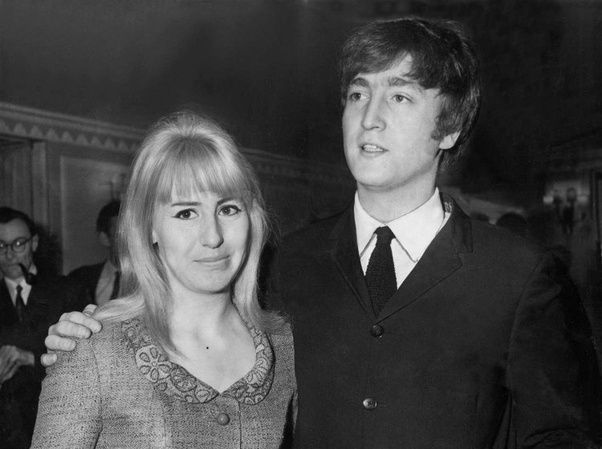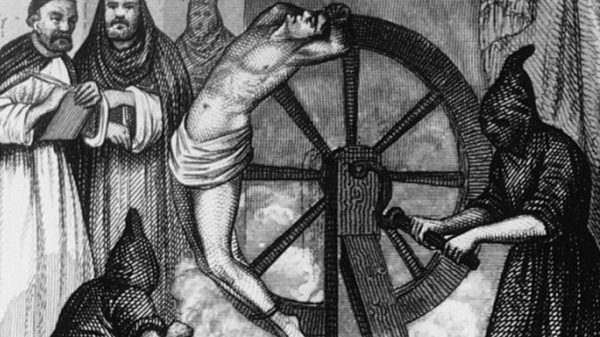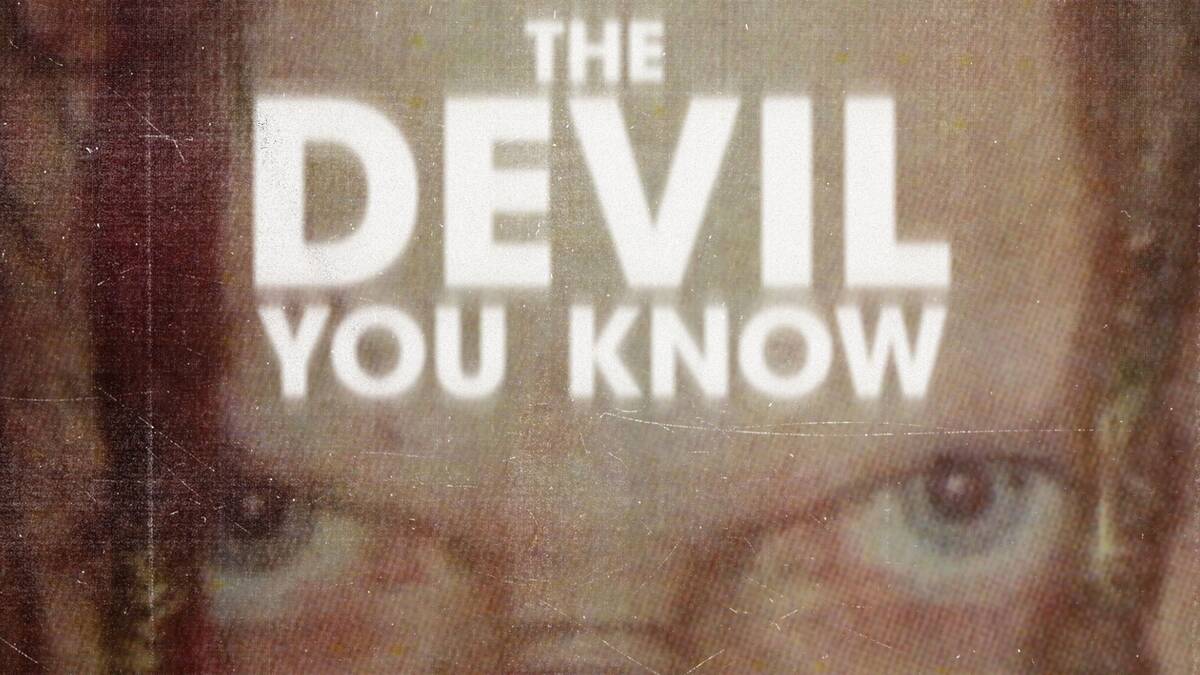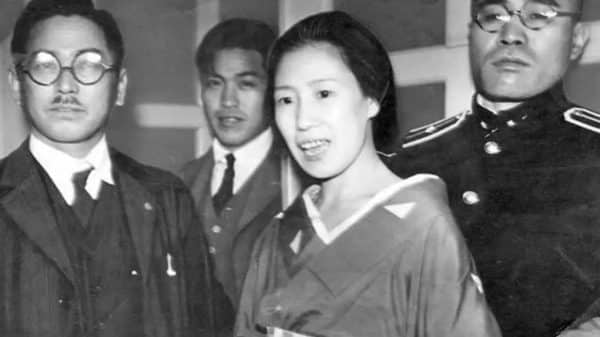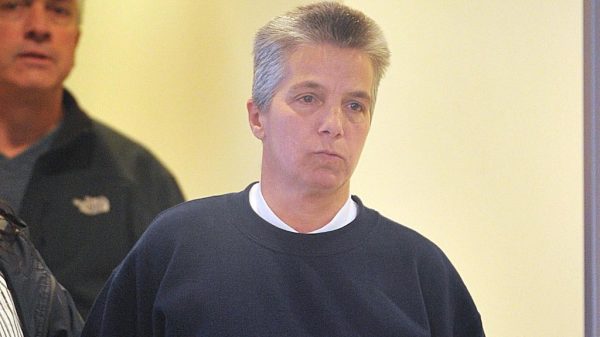Written by Sitnikov Ilya
Having recently watched trailer for a new HBO Netflix, I couldn’t help but notice how hard its creators try to turn Bundy into a slick Casanova type (a villain still, but a sexy one). It was particularly puzzling to me, given that everything I read on Bundy up to that point indicates that the man isn’t worthy of such depiction (or any serious attempts to change his image, for that matter).
Consider the following – Bundy’s last victim was a 12-year old named Kimberly Leach and she was brutalized beyond belief simply because of her decision to take a ride at the wrong place in the wrong time. Bundy also referred to his victims as his “babes” and was unrepentant of his crimes until nearly the moment of his execution and he thoroughly enjoyed torturing victims’ families. So, again, what would give someone an idea that Bundy’s image should be rehabilitated?
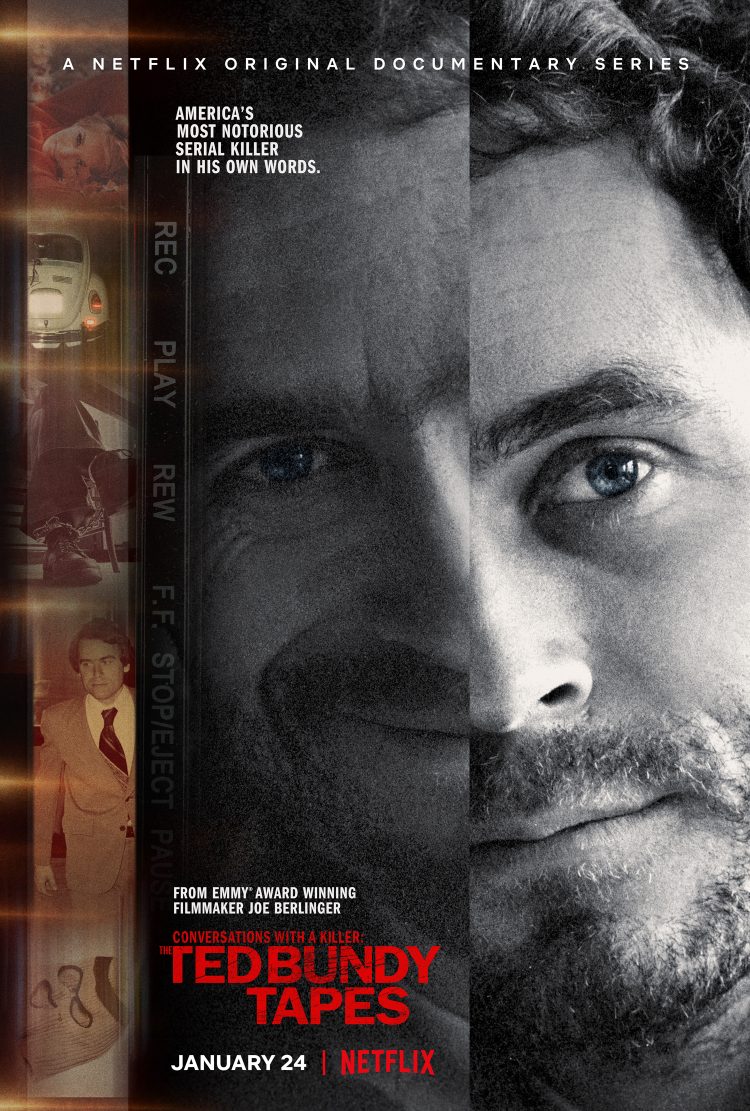
Of course, Bundy is not the first serial killer to be immortalized in a movie – between “Silence of the Lambs,” “Hitch hiker,” “American Psycho” and “Dahmer,” the exploration of sociopathy in its various forms always seemed a lucrative business. Nothing new about it, in other words; but somehow in the age of Trump watching a movie glorifying a serial killer gives me pause.
Much like a lot of other people I went through my period of fascination with the macabre – and I still am fascinated to an extent. However, I’d also like to believe that my understanding of evil also evolved to the point where I feel more compassion for victims than for the killer himself.
In the larger scheme of things, I believe killers/murderers are but a small part of what I would refer to as “evil.” A much more sinister strain of evil to me is people who commit crime while being in power or get away with humiliating and abusing others while enjoying full immunity.
In our culture and our minds we often forgive talented people for their shortcomings, reasoning that nearly anyone have a skeleton or two in the closet – some people just hide them better than others. Fair enough – everyone enjoys listening to John Lennon even while knowing that the man was a chronic abuser during his early years.
But I personally take an offence to the idea that being in power gives one a complete immunity to criticism. This is exactly the slippery slope that led to people like Harvey Weinstein or Roy Moore being defended as innocent victims rather than the men of dubious character both turned out to be.
If a spate of recent stories about artists like R. Kelly and Ryan Adams (and the subsequent backlash both received) is any indication, we are getting better at not letting genius/power cloud our judgement. We’re not there yet, but it feels like a change of tide is coming and bringing in a clearer perspective on how people on power should be treated in such cases where abuse took place.
In a rather perverse way we have Trump and alt-right to thank for much of this happening. Two years ago, Brian Eno mentioned in an interview that he thinks Trump being elected signals the end of a 40-year-long decline. Some took it a sign of Eno’s support for Trump and his policies, but in reality what he said was that while disagreeing with his policies he believes that Trump presidency will expose all kinds of cracks in modern society.
The fallout will be painful, for sure, but what it will bring along is a fairer society where people won’t be able to claim that issues like class/racial divide and toxic masculinity don’t matter or don’t matter as much as some think they do. Those issues still matter and are as palpable as they used to be in the 60s, but here’s to hoping that we will no longer collectively try to sweep them under the rug.


